
Japanese Prime Minister Shinzo Abe has asked U.S. President Barack Obama to look into the alleged spying activities on the Japanese government and companies raised by the Wikileaks website earlier this month, local media reported Wednesday.

China again demanded Japan squarely face its aggressive past and reflect upon it after Japanese Prime Minister Shinzo Abe's wife visited the controversial Yasukuni Shrine.

The Democratic People's Republic of Korea (DPRK) on Wednesday slammed Japanese Prime Minister Shinzo Abe's statement marking the 70th anniversary of the end of World War II, warning him "not to run wild for revival of militarism."

Japanese Prime Minister Shinzo Abe's war anniversary statement was endorsed by his cabinet Friday in an extraordinary meeting.
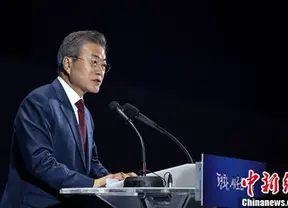
Japanese Prime Minister Shinzo Abe's statement to mark the 70th anniversary of the end of WWII may mention Japan's wartime crimes, which Italian experts wish will be a clear apology and become a touchstone for future relations with neighbors China and South Korea.

As Japanese Prime Minister Shinzo Abe releases an official statement later Friday to mark the 70th anniversary of his country's surrender at the end of World War II (WWII), he is standing at a critical crossroad.

Japanese Prime Minister Shinzo Abe will issue a statement to mark the 70th anniversary of the end of World War Two later on Friday, with focuses on whether the leader could atone for Japan's dark past through offering an apology to victims of its wartime atrocities.
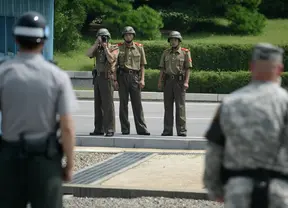
For most of the people around the world, history is about objective facts of the past. However, for a handful of right-wing Japanese politicians, it is not.
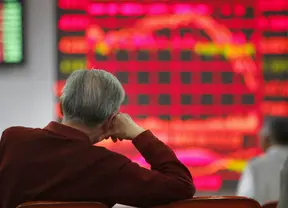
South Koreans gave their unsparing praise for former Japanese Prime Minister Yukio Hatoyama who knelt down in front of a monument in Seoul for victims of Japan's colonization during World War II and apologized for wartime atrocities.

Japanese Prime Minister Shinzo Abe should apologize for wartime aggressions "from the heart," his predecessor Yukio Hatoyama said Wednesday in Seoul while visiting the site of a colony-era prison where he knelt before a memorial monument.
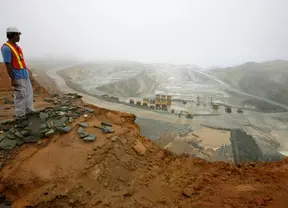
Japanese Prime Minister Shinzo Abe should follow his predecessors in his upcoming statement about World War II. Any departure will be read as a signal of major alteration in Japan's foreign policy.

It is a shame that speculation on the wording of Japanese Prime Minister Shinzo Abe's speech, due to be delivered on Friday, one day before the 70th anniversary of Japan's surrender, is still heaping up.

Japan must face its wartime history by upholding the Murayama Statement unambiguously in order to move forward, Kazuhiko Togo, a professor of international politics at Kyoto Sangyo University, writes.

Japanese Prime Minister Shinzo Abe's upcoming statement to mark the 70th anniversary of the end of World War II hit the headlines Tuesday as it reportedly may include the keywords of "aggression" and "apology" that Japan's closest neighbors - China and South Korea - have been paying close attention to.
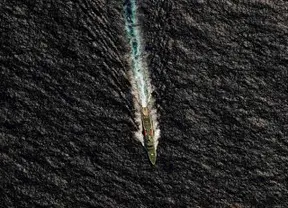
The memorial services in Hiroshima and Nagasaki should serve as an opportunity for Japan not only to commemorate the victims of atomic bombs but also to have a thorough reflection upon its history of militarism.
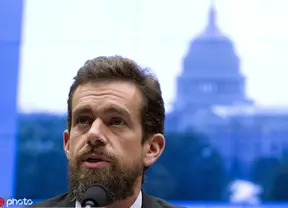
The nation remained in mourning on Sunday as the Japanese city of Nagasaki marked the 70th anniversary since the United States dropped an atomic bomb on the city, killing at least 70,000 people, three days after the city of Hiroshima was eviscerated by a smaller atomic bomb.

U.S. Vice President Joe Biden spoke with Japanese Prime Minister Shinzo Abe over phone on Tuesday, the White House said, after the Wikileaks website revealed alleged U.S. spying on Japanese officials and companies.